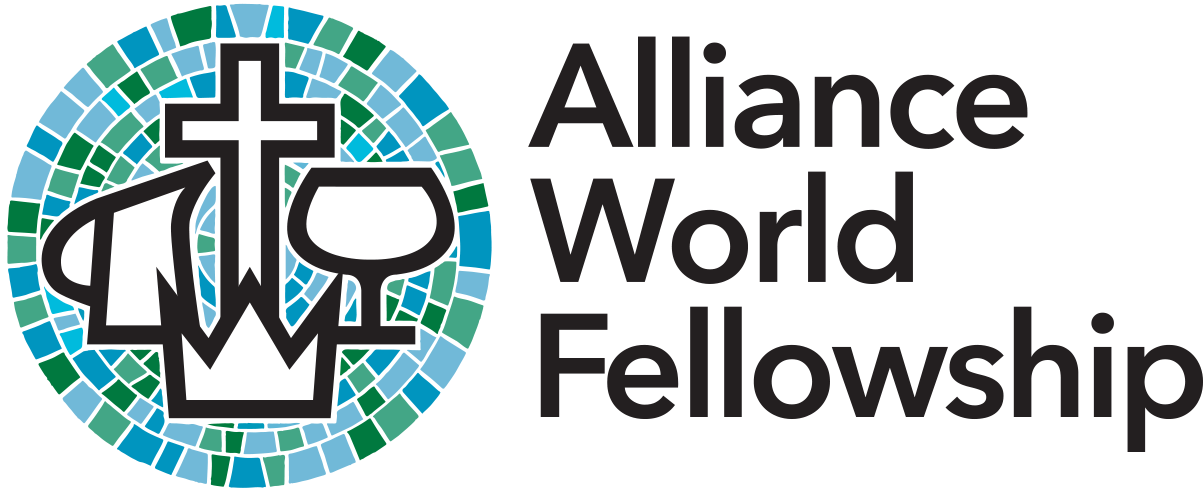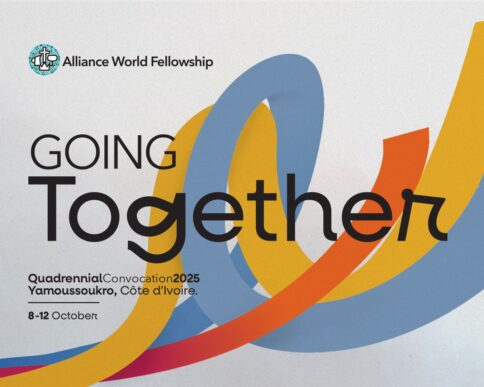Facing Famine and Terrorism
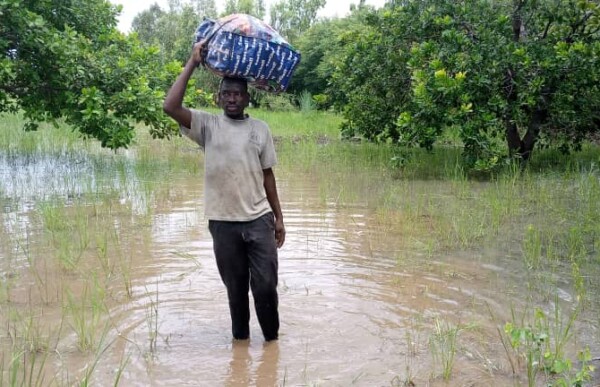
Related News
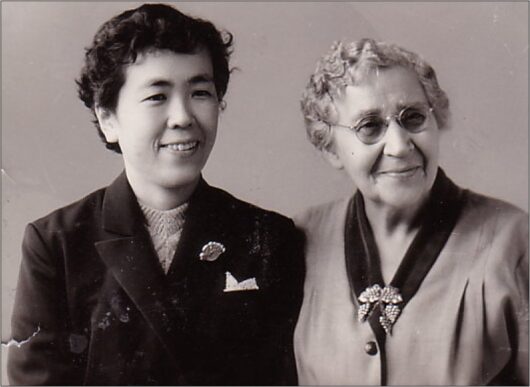
Mutsuko Ninomiya: Pioneer Missionary from Japan to Brazil
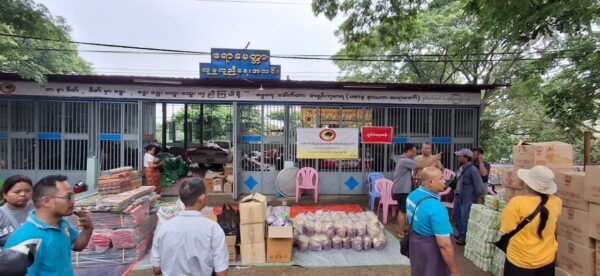
Alliance Churches in Thailand and Myanmar Respond to Dual Crises
Burkina Faso and Mali are western African nations that have faced famine for decades. In recent years, jihadist terrorist attacks have resulted in the displacement of many. Nationals, mostly women and children, are being relocated west to the Sahara Desert. Surviving primarily through agriculture, these people fall victim to the droughts and floods that are common to the Sahara, further jeopardizing their lives.
In Burkina Faso, according to the assessment of the last growing season, “at least twenty provinces out of the forty-five are in deficit. If nothing is done, more than two and a half million people will be in a situation of food vulnerability.” The United Nations publication Mali: Overview of Humanitarian Needs 2019, states, “The recurrent and successive shocks prevent 3.2 million of the most vulnerable people from ensuring their food security, to accessing health and nutrition needs, and to protection from the effects of the conflict.”
Then, at the end of August 2021, the sky opened causing localized flooding. The Boucle du Mouhoun, South-West, Cascades, East, Center-East and Center-South regions were the most affected in Burkina Faso. As soon as the flood waters dispersed, severe drought returned. By the fall harvest season, both food crops and animal fodder had been decimated. By September, bad weather had already led to losses in the order of 52,000 hectares.
In addition to chronic poverty, the people of Mail face a scarcity of natural resources, and that has been made worse by climate change, a reduction in rainfall, and distribution problems.
In both countries, the price of cereal, one of the main meals, has tripled and, in some places, quadrupled from past years. Most households struggle to have two meals a day. The food crisis has aggravated the chronic poverty endemic to west Africa.
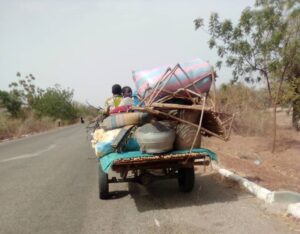 During the dry seasons, the mass exodus of rural young people, regional and international migration, and involuntary displacement of many have led to increased insecurity and hopelessness. The situation needs close monitoring and major intervention this year.
During the dry seasons, the mass exodus of rural young people, regional and international migration, and involuntary displacement of many have led to increased insecurity and hopelessness. The situation needs close monitoring and major intervention this year.
In addition to the weather problems, hardly a week goes by without terrorist attacks. Initially, the attacks targeted police and gendarmerie stations but gradually they have spread to churches, markets, schools, homes and public buildings. The attacks include intimidation, death threats, assassinations, burning of homes and schools, and the destruction of Christian churches. The jihadists want to impose Islamic law upon the people, prohibiting Christian worship and agricultural practices. An estimated 412,000 hectares of cultivated land has been abandoned and thousands of people have left their homes because of the thefts, rape, kidnapping, fires, and closure of schools.
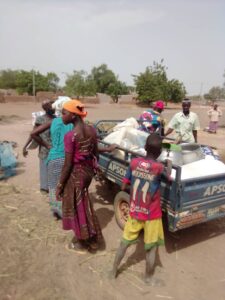 The insecurity and abuse orchestrated by the jihadist groups is, of course, not compatible with the culture and practices of the nationals. The conflicts and internal fighting, along with the continuing coronavirus pandemic, continue to weaken the people, making their situation more desperate, and as the young flee, it is easier for the extremist movements to destabilize them. Priority needs currently include food and housing, both of which have been a constant challenge for their leaders.
The insecurity and abuse orchestrated by the jihadist groups is, of course, not compatible with the culture and practices of the nationals. The conflicts and internal fighting, along with the continuing coronavirus pandemic, continue to weaken the people, making their situation more desperate, and as the young flee, it is easier for the extremist movements to destabilize them. Priority needs currently include food and housing, both of which have been a constant challenge for their leaders.
The Alliance World Fellowship, along with the national Alliance leaders in Burkina Faso and Mali, plan to start an Emergency Project Relief to support Internally Displaced People who are victims of the famine. We invite you to partner with us as we work together to restore the dignity of our brothers and sisters, and to share the caring love of Jesus! If you would like to send donations to this project, please click here, designating it to the West Africa Famine Project.
